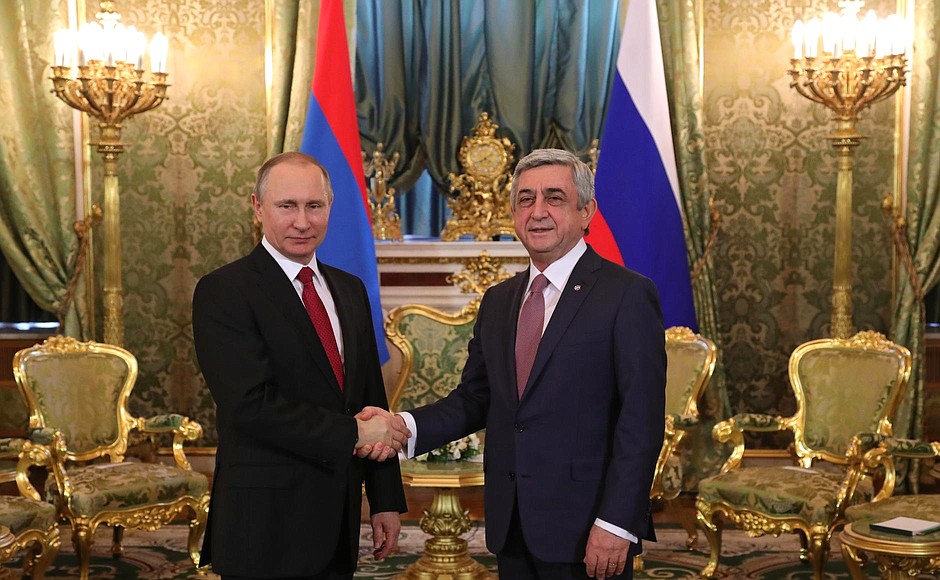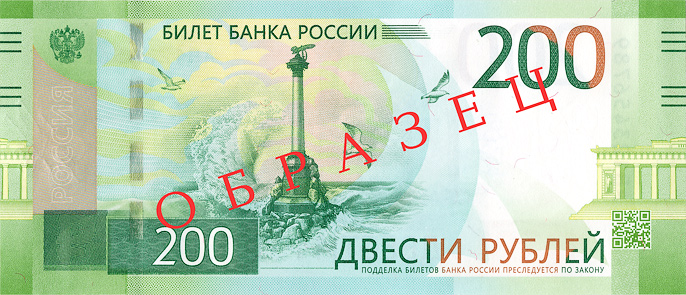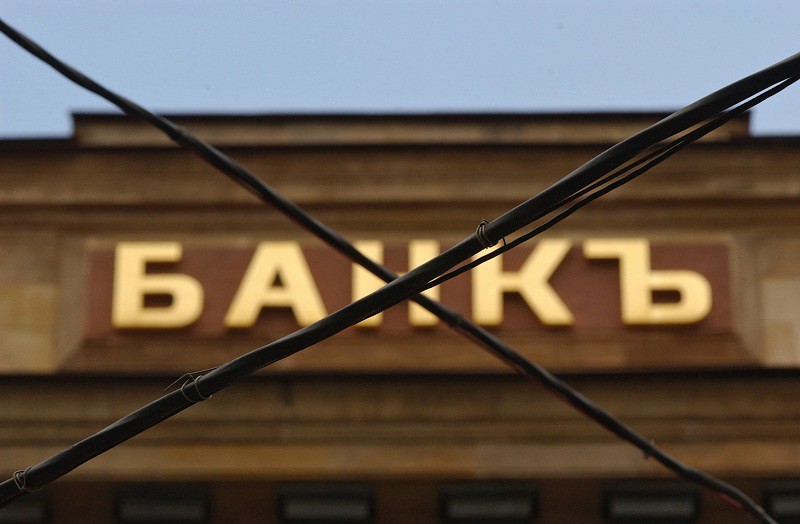Armenia now is like Vichy France in the early 1940s, Tigran Khzmalyan says, “an occupied country” governed by collaborators in the service of those who seized it, “without allies and almost without hope for assistance and with a still weak Resistance Movement.”
The Yerevan analyst says that
Indeed, he argues on the basis of a close examination of recent events, “nowhere beyond the border of Russia has the total control over all aspects of life and the destructive influence of the Chekist special services on the state and society been manifested to such great extent as in Armenia.”
And Khzmalyan concludes with a warning to the West: “If Europe wants to learn how the victory of Putinism threatens it, it need not look at Russia which after all as is well known ‘can’t be understood by the mind.’ It is quite sufficient to look at Armenia – or on what still remains of it.”
To make his case, the Yerevan analyst provides evidence to show that “Armenia was and remains the testing ground for the Russian special services’ most sophisticated political technologies” and that many Armenians have gone along because of Moscow’s promotion of their fears about national survival.
A major reason that Moscow has succeeded is that Western scholars and governments rarely pay much attention to what has occurred in Armenia over the last 25 years and often have accepted Moscow’s claims that the Armenians have agreed to sacrifice themselves on “the altar of Putin’s restoration of the Soviet empire” because they have no other choice.
Indeed, Khzmalyan says, the Russian Empire acted in much the same way during World War I in Türkiye as the USSR did in World War II in Poland “when the Red Army for weeks stopped” short of the Polish capital and thus did not prevent the mass murder of Poles in Warsaw by German forces.
Armenia’s intelligence service is “completely subordinate to Russia’s FSB,” he writes, as shown by the recent case when Yerevan provided documentation for wealthy Russians close to the Kremlin so that they could get into Europe despite personal sanctions against them. That wouldn’t have happened except at Moscow’s order or Yerevan’s anticipation of such an order.
That incident is horrific enough, but it doesn’t exhaust the ways in which Moscow and the FSB are exploiting their control of Yerevan.
On the one hand, Khzmalyan writes, this arrangement allows Moscow via Yerevan to penetrate Western organizations in Armenia, all of whose staff require “the sanction of Russian-Armenian special services.”
And on the other, Moscow is quite pleased to use its Armenian front to penetrate the West with people who supposedly are “independent” of Russia and Putinism but who in fact are totally controlled by them and who can be deployed as Moscow wants “against the West” in various ways.
This propaganda is the public face of “a cynical tactic” which “works today,” as can be seen by the responses of Armenians to the threats Russian politicians continue to make concerning their country, attacks “from Zhirinovsky and Dugin to Rogozin and Markov,” the Yerevan analyst says.
Moscow continues to provide arms to Azerbaijan even as it promotes itself as the defender of Armenia, and that is “why Armenian society is so paralyzed and helpless” now, a development that would have seemed inconceivable to those who “recall the democratic uprising of 1988-1991 and the presence of an influential diaspora in the West.”
Related:
- 'Nobody talks about the Armenians anymore'
- ‘Russia has de facto occupied Armenia,’ Yerevan expert says
- Moscow agrees to try Gyumri killer in Armenia but in a Russian court
- Appeal of experts from Armenia, Poland, and Georgia: support Ukrainian people!





